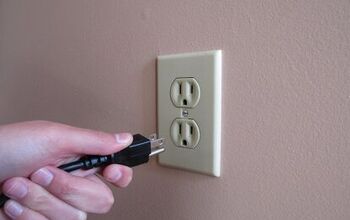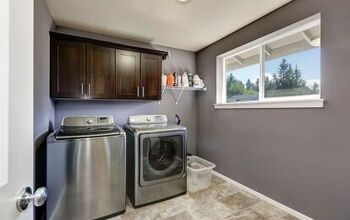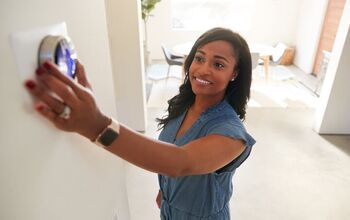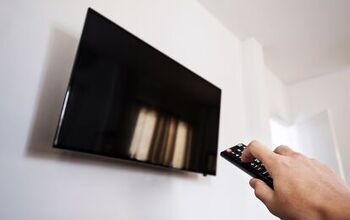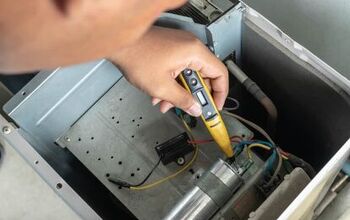What Does Borax Do To A Pool? (Find Out Now!)

If there is one cleaner that is old-fashioned and incredibly popular, it’s borax. Borax has been a staple in laundry, tiling, and even carpet cleaning. Nowadays, people are starting to pour it into pools. Believe it or not, adding a little borax to your pool water might be a smart idea. The question you need to know, though, is what it can offer a pool owner.
As a natural algae killer, adding borax can help keep pools clear and help maintain healthy water standards. Its most well-known benefit is being an effective pH buffer. This is one of the few traditional pool additives that can increase pH without adding alkalinity.
A well-kept pool is a happy pool. Borax is beginning to become one of the best ways to keep your pool happy. It’s time to talk about why more pool owners need to stock up on this classic cleaner.
Do You a Need Pool, Spa, or Hot Tub Contractor?
Get free, zero-commitment quotes from pro contractors near you.

What Are The Benefits Of Using Borax In Pool Water?
Borax is a superb investment in the health of your pool, which is why many pool companies choose to stock it on store shelves. Using it has several perks worth noting, including these below…
- It’s a world-class pH buffer that doesn’t add alkalinity. Too much alkalinity is not good for your pool. But, you still need it to be pH-balanced. Borax can make it happen in a pinch.
- Borax can also kill algae. This is a great way to help reduce the chances of dealing with algae infestations in pools that are prone to it. It’s also a bit more amenable to sensitive skin.
- To a point, it can also help reduce the chances of pink slime. Since Borax is a natural cleaner, it tends to have some level of antibacterial effects.
- It can help clean a cloudy pool. Yep! And you can swim in as little as 30 minutes from it being poured in your pool.
Is Borax Safe To Use?
Honestly, the jury is still out on this. The United States has declared borax to be safe for use as a pool additive. In some cases, it can also be used in food. However, the European Union and the United Kingdom do not hold that belief. Borax is part of the “borate” family. This has been banned as a food additive in the 2000s due to it being a potential health hazard.
Due to the potential it has as a skin irritant, the United Kingdom actually banned the sale of borax throughout the country. So, if you’re from across the pond and want to give this a try, sorry. You’re out of luck.
Are Borates In Pools Safe?
This is another issue that has begun to crop up online. The United States has no problem approving borax for use in pools and spas. In the European Union, borax is not approved for use in pools or spas. If you want to use borax, then you need to make sure that you use it properly. Otherwise, you will run the risk of chemical burns.
How Do You Add Borax To A Pool?
It’s important to take a pH test to make sure you need borax in it. Here’s how you can add it to your pool the right way:
- First, get a pH test and use a pool calculator to determine how much borax you need to add to adjust your pH. You can find a good pool calculator online.
- Turn on your pool’s pump and filtration system. You need to have them running in order to properly circulate and mix the borax in.
- If you are told to add borax alone, add the recommended amount to your pool’s skimmer. Many people find it easier to add it in, scoop by scoop. However, if you want to just pour the whole thing in, you would be forgiven. It’s usually a lot of borax! Make sure to scrape the sides of the pool to ensure it all gets put through the skimmer.
- If you’re told to add both acid and borax, then add half the acid first. Then, follow up with half the borax. Then, top it off with the other half of the acid. Finish it with the remainder of the borax.
- Use a scraper or a brush to help move any remaining borax powder from the walls. While we already mentioned this once, it’s amazing how much stuff clogs up the wall area after everything has been poured in.
- Let the pool filter system run for at least 24 hours. 48 hours is ideal for larger pools as well as pools that had serious pH problems.
- Test your pH after the filter has been run. Readjust your borax levels as necessary.
Do You a Need Pool, Spa, or Hot Tub Contractor?
Get free, zero-commitment quotes from pro contractors near you.

Related Questions
What is borax made from?
Borax is also known as sodium tetraborate, and it’s a naturally-occcuring substance. Its chemical makeup consists primarily of sodium, boron, and oxygen. It is naturally found in arid desert regions, such as the Salt Plains in Utah as well as the Nevada desert. Because it contains no chlorine or fluoride, it is considered to be a naturally green product.
Why was borax banned in the European Union?
Though borax has been considered safe for ingestion for centuries, it recently was banned as a result of studies performed on mice. The studies revealed that ingesting abnormally high amounts of borax can lead to reproductive problems. In some studies, exposure also led to an increased risk of cancer. However, it’s important to note that the quantities the mice were exposed to are not normal or realistic in most situations.
Will borax clean a pool?
Yes and no. Borax is a highly effective algae killer and can help reduce the number of contaminants in a pool. However, it’s no substitute for chlorine. While borax can reduce the amount of chlorine that your pool needs, the truth is that you will still have to put some chlorine to maintain your pool’s sanitation.
Related Guides

Ossiana Tepfenhart is an expert writer, focusing on interior design and general home tips. Writing is her life, and it's what she does best. Her interests include art and real estate investments.
More by Ossiana Tepfenhart



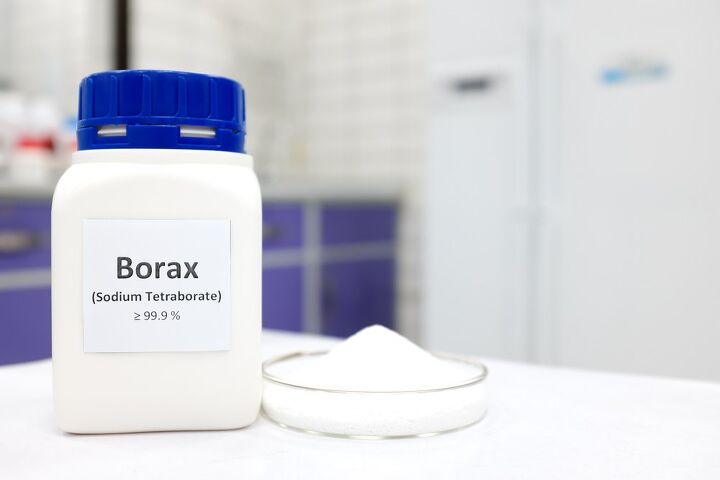






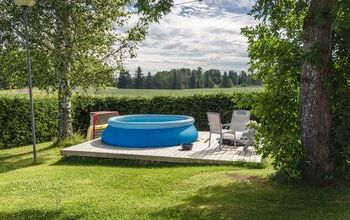
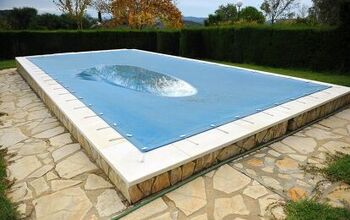
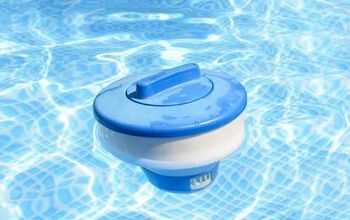
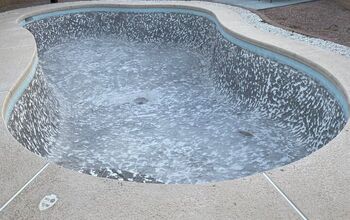
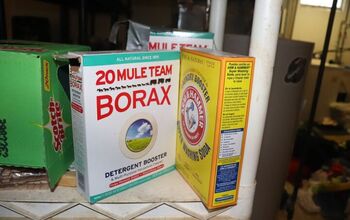
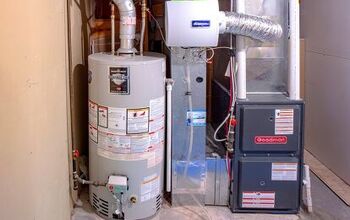
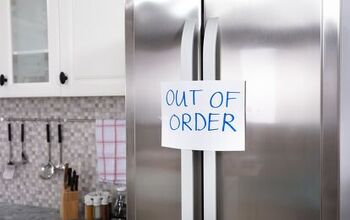
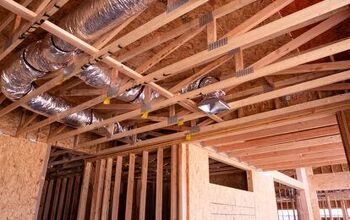
![Standard Dining Room Table Dimensions [for 4, 6, 8, 10 and 12 People]](https://cdn-fastly.upgradedhome.com/media/2023/07/31/9074335/standard-dining-room-table-dimensions-for-4-6-8-10-and-12-people.jpg?size=350x220)
